Recycling and Waste Reduction
Our Goal: Increase Tri-C’s waste diversion rate to 40% by 2035.
Curious about what should go into the blue mixed recycling bins around Tri-C? Check out Tri-C's mixed recycling guidelines.
Do you ever wonder how mixed recycling collected around Tri-C gets sorted? See what happens with Tri-C's mixed recycling.
For more information about recycling in Cuyahoga County, visit the Cuyahoga County Solid Waste District website and enter a material you'd like to know more about in the "What Do I Do With?" search box. Their How to Recycle Right page is especially informative. Helpful videos are available on the Solid Waste District's YouTube channel.
Tri-C libraries have diverted nearly 8 tons of old books from the landfill since 2013 by working with Better World Books. Learn more.
Scrap metal, pallets, electronic waste, light bulbs, and other materials are recycled by operations staff.
Composting:
- Kitchen waste from the Hospitality Management Center, the East Campus Hospitality teaching kitchen, and Metro and Western Campus cafeterias is composted in partnership with Rust Belt Riders Composting.
Help Tri-C recycle more by being conscientious about recycling. Here are some great reasons to recycle:
- Recycling keeps your campus, community, and workplace clean
- Recycling saves resources and energy
- Recycling creates jobs – according to the Ohio Department of Natural Resources, over 100,000 jobs in Ohio are dependent upon recycling
Progress to date:
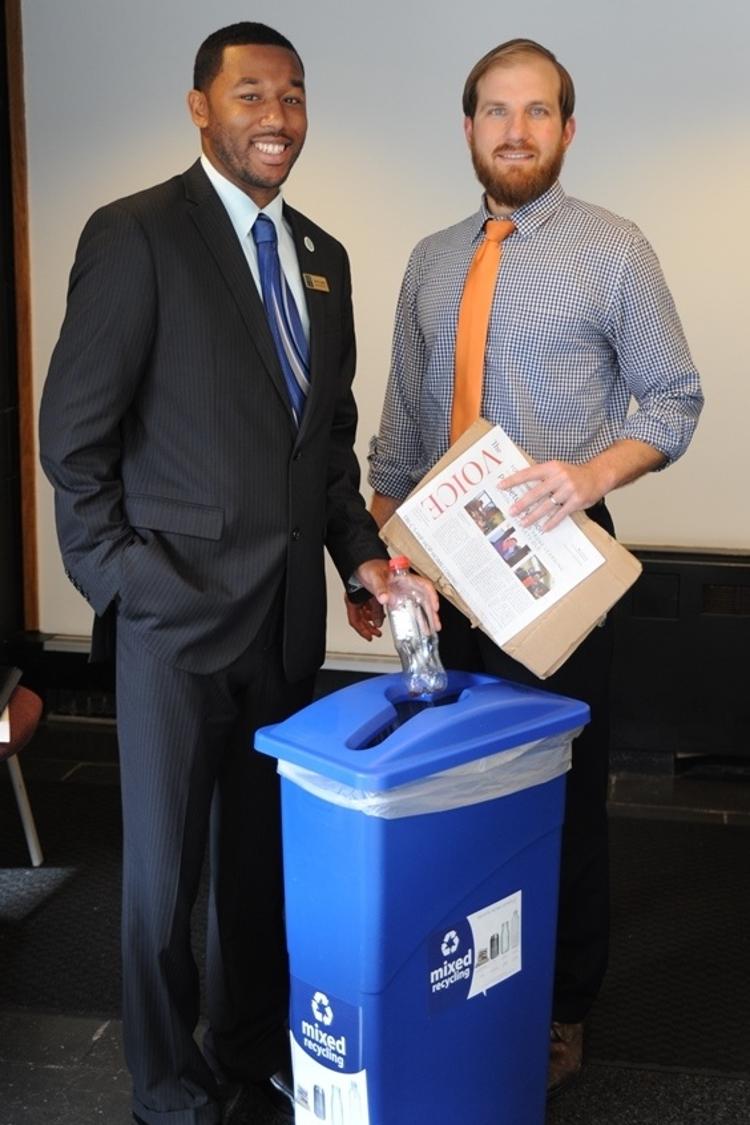
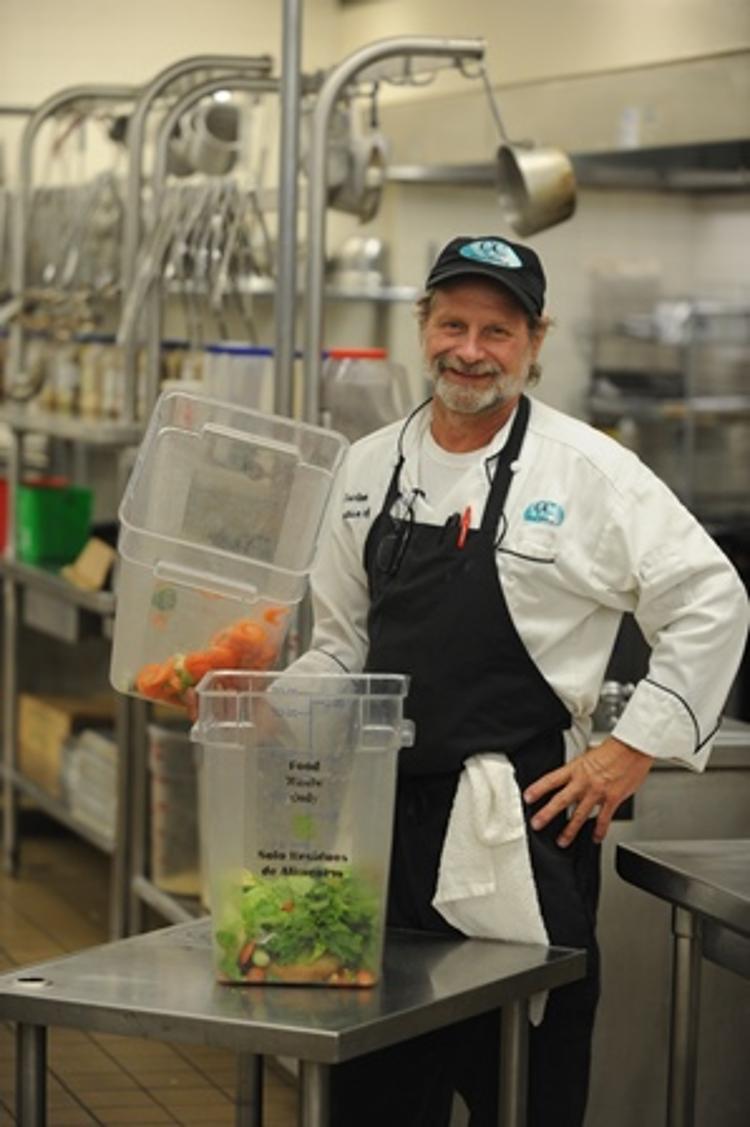
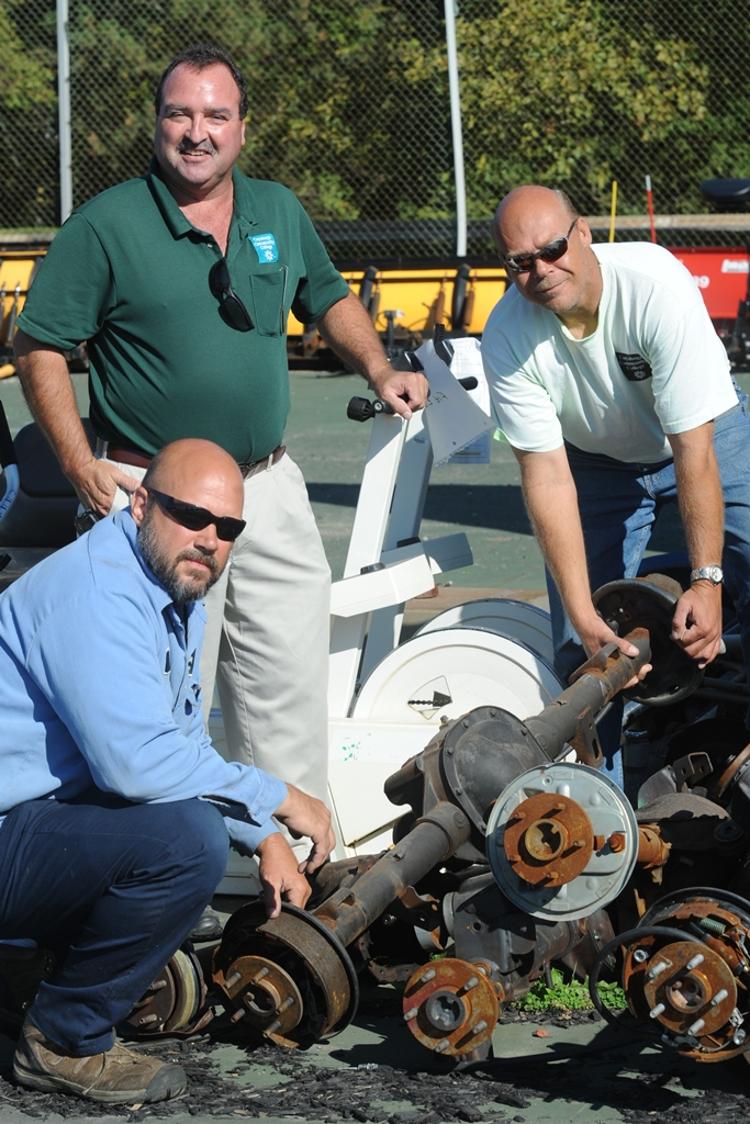
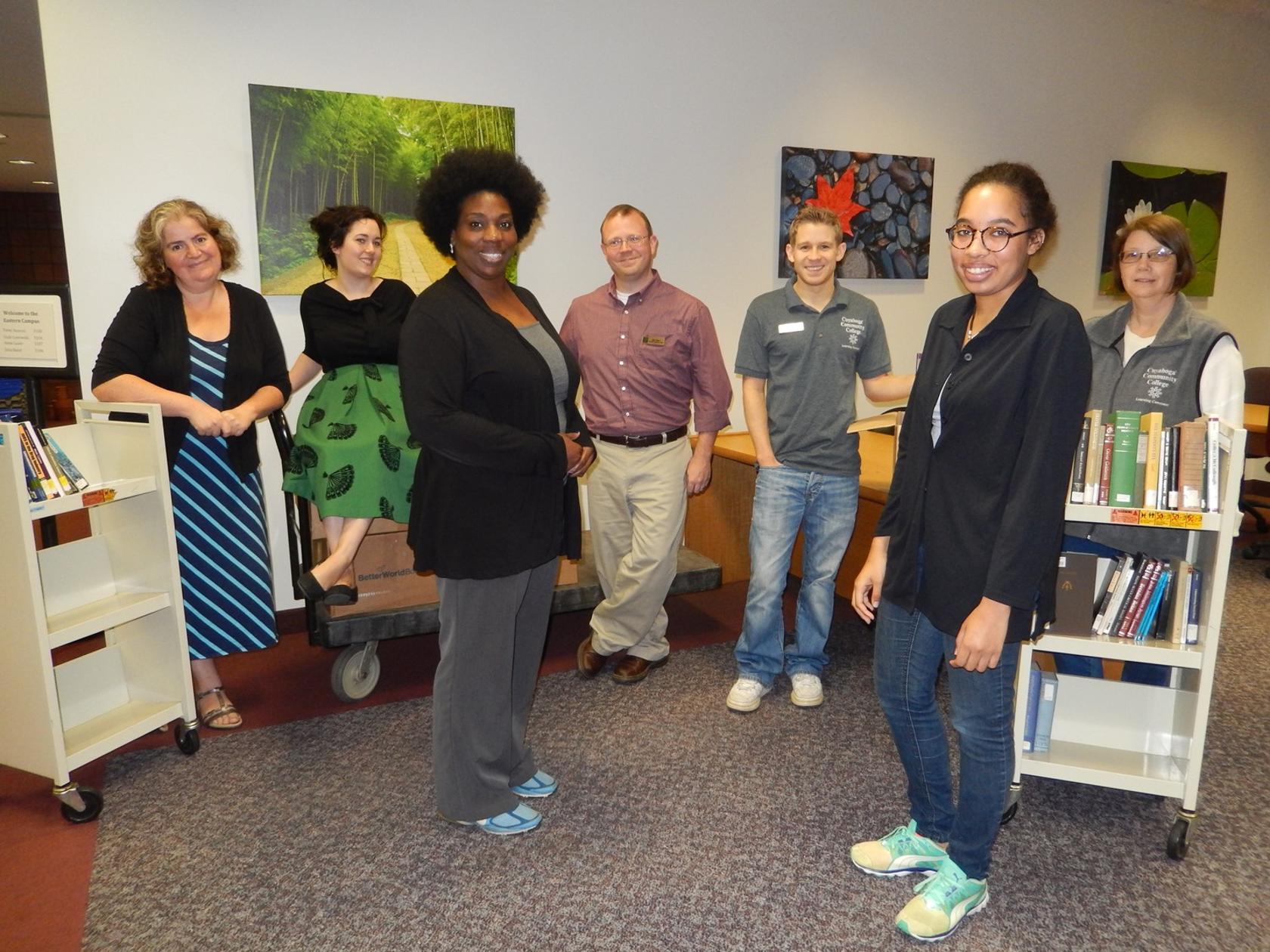
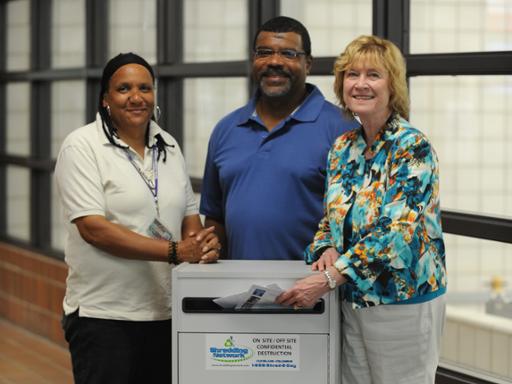
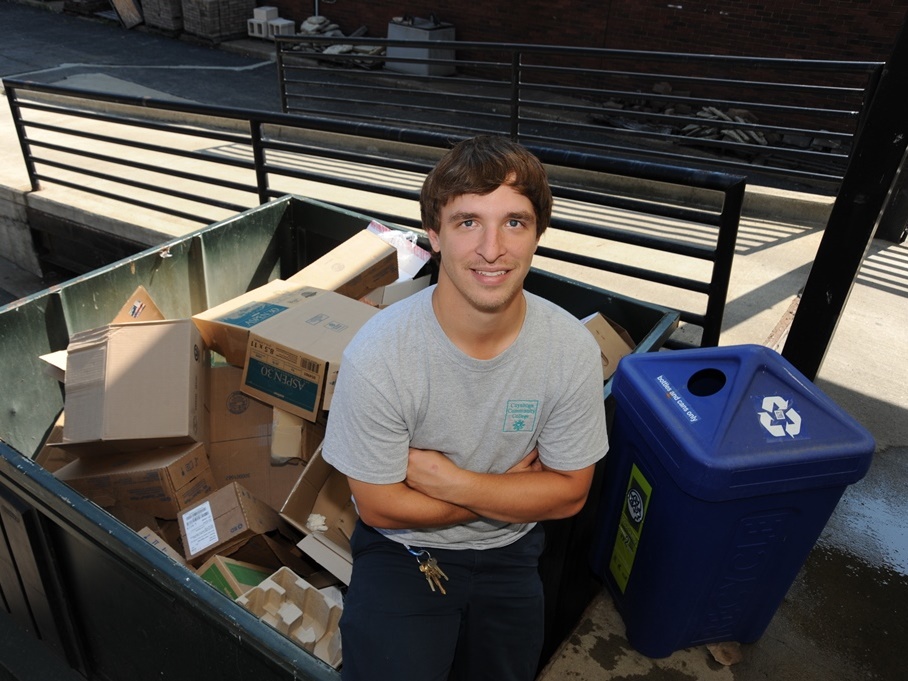
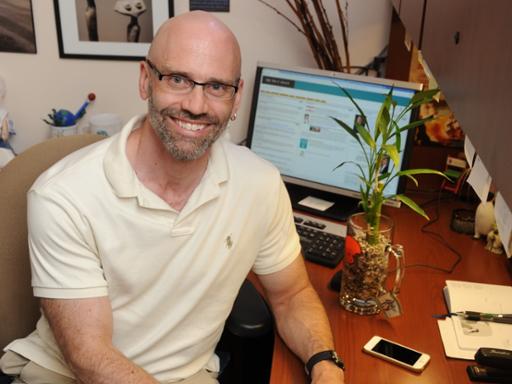
Fun facts about recycling:
- Recycling one aluminum can saves enough energy to power a TV for 3 hours and uses 95% less energy to make a new can than it would take to make a new can from raw materials.
- Recycling one plastic bottle saves enough energy to power a 60-watt light bulb for 3 hours, and recycled plastic bottles can be made back into bottles or into carpet or clothing.
- Paper is made from trees and every ton of paper recycled saves 17 trees!
